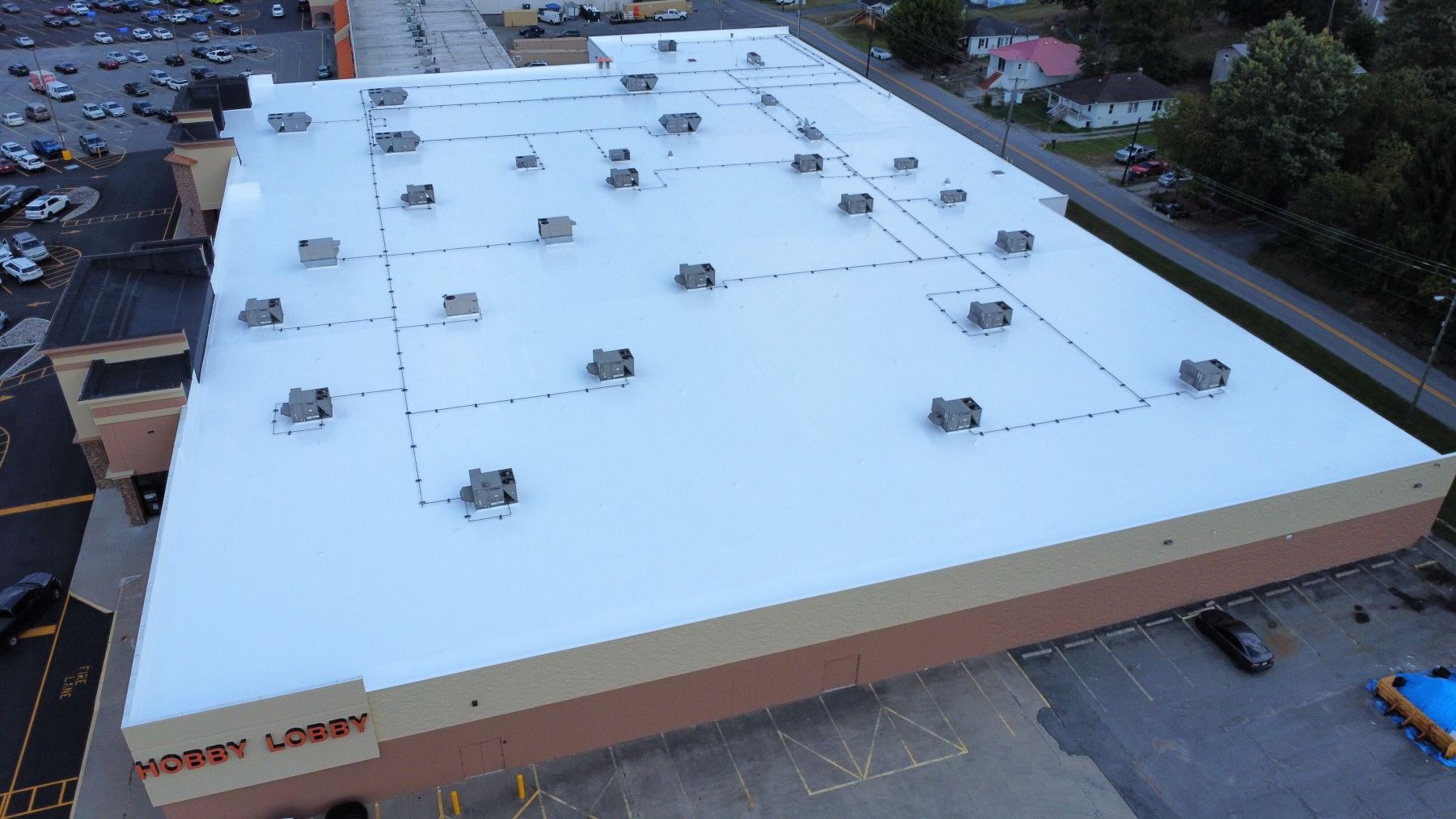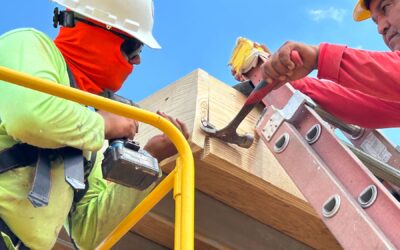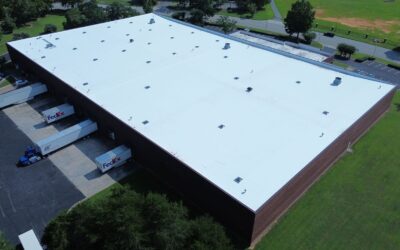A roof inspection is an essential component of maintaining a commercial building’s integrity and value. For business owners, property managers, or facility managers, understanding the ins and outs of a roof inspection can prevent costly repairs and ensure a safe and functional environment for occupants. Here’s a detailed guide on what to expect during a commercial roof inspection.
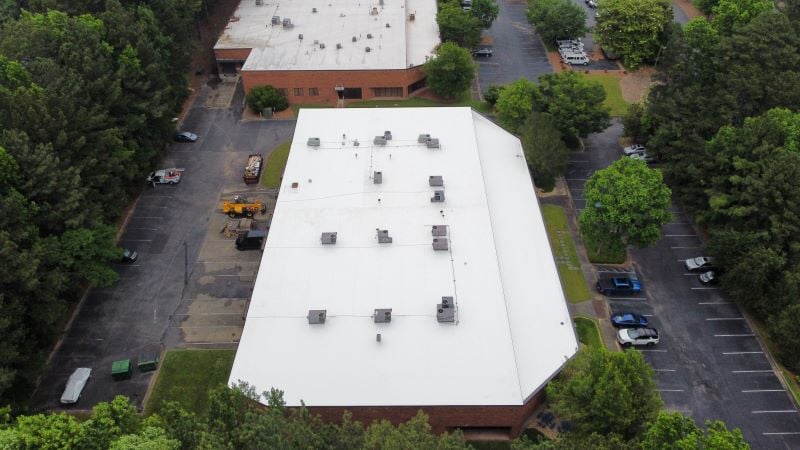
1. Pre-Inspection Preparation
Before the inspection kicks off, the inspector will likely ask for some key details about the roof and any specific concerns you may have. They may inquire about the roof’s age, past issues, or noticeable damage. Providing accurate information helps the inspector focus on potential problem areas and tailor their inspection approach accordingly.
2. Visual Inspection
The visual inspection is a critical phase where the inspector examines both the exterior and interior aspects of the roof. Here’s what they’ll be looking at:
Roofing Materials: The inspector will assess the condition of the roofing materials, such as membrane systems, metal panels, or asphalt shingles. They will look for signs of damage like punctures, tears, corrosion, or granule loss. Each type of roofing material has specific issues to watch for, so the inspection will be tailored accordingly.
Flashing and Seals: Flashing is crucial for preventing water infiltration at joints and seams. The inspector will check the condition of flashing around elements like HVAC units, vents, and skylights. They will also inspect seals and caulking for signs of wear or deterioration, as compromised seals can lead to leaks and water damage.
Drains and Gutters: Proper drainage is vital to prevent water accumulation and subsequent damage. The inspector will check drains, gutters, and downspouts for blockages, damage, and alignment. Efficient drainage helps mitigate risks such as ponding water, which can lead to structural damage.
Roof Structure: The inspector will examine the underlying structure of the roof, including beams, trusses, and decking. They will look for signs of sagging, rot, or damage, which can indicate serious structural issues that need immediate attention.
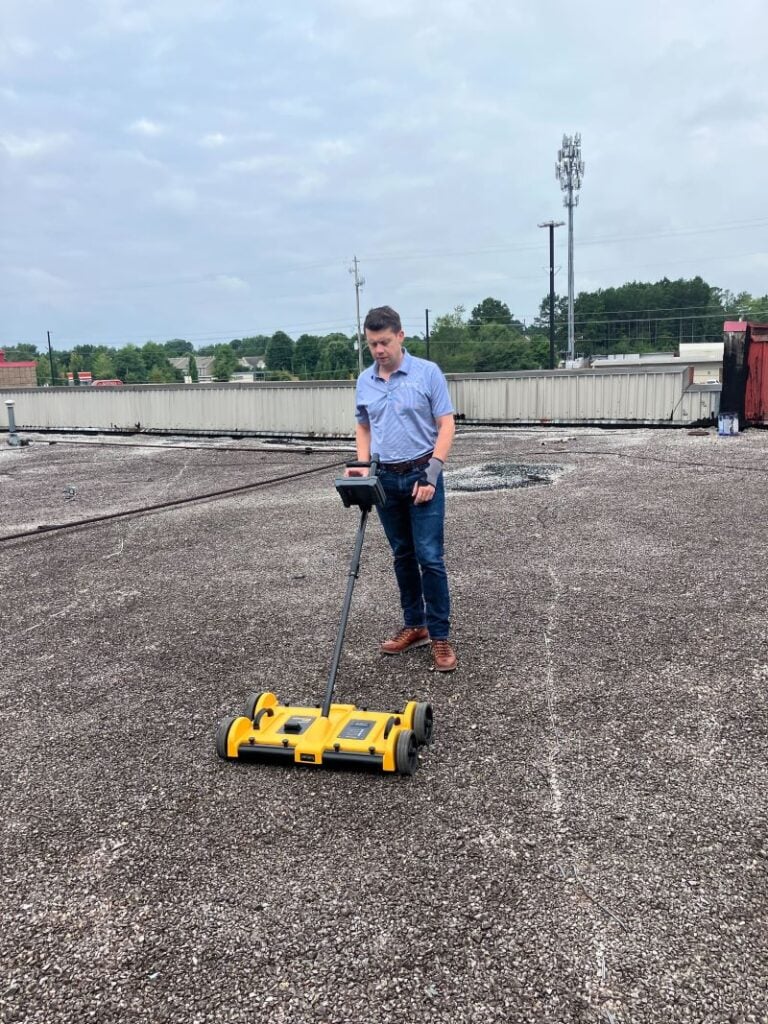
3. Interior Inspection
Moving indoors, the inspector will focus on areas that could signal roof problems:
Ceilings and Walls: Water stains, peeling paint, or mold on ceilings and walls can indicate leaks or other roof-related issues. The inspector will look for these signs to determine if there’s been any internal water damage.
Ceiling Spaces: In commercial buildings with accessible ceiling spaces, the inspector will look for evidence of leaks or moisture accumulation. They will check for mold growth and ensure that insulation remains dry and properly installed.
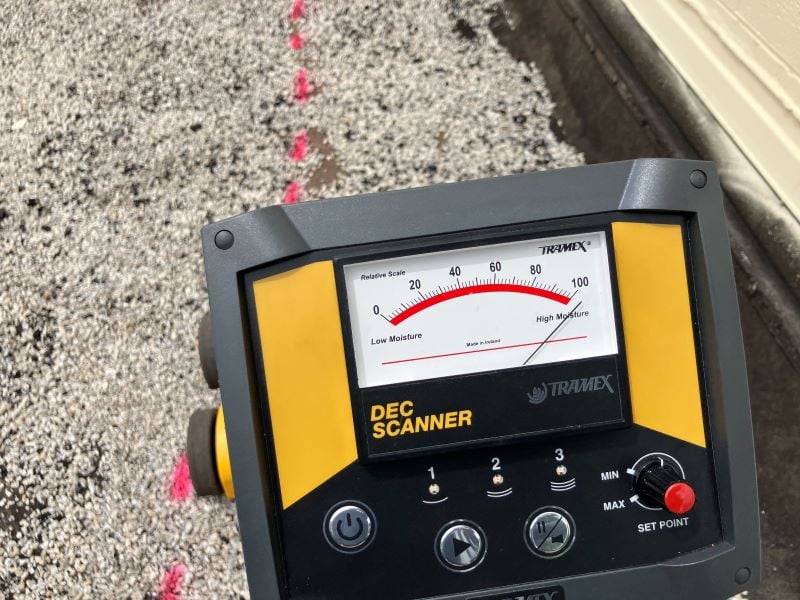
4. Detailed Report
Following the visual and interior inspections, the inspector will compile a comprehensive report. This report usually includes:
Condition Assessment: An overview of the roof’s condition, highlighting any issues discovered during the inspection.
Recommendations: Specific recommendations for repairs, replacements, or maintenance. This section will detail immediate concerns and items that should be monitored over time.
Photos and Documentation: Many inspectors provide photographs of problematic areas along with the report. This visual documentation helps you understand the issues and see the extent of the damage or wear.
5. Discussing Findings
Once the report is completed, the inspector will review it with you. They’ll explain their findings, answer any questions, and offer guidance on the next steps. This discussion is crucial for understanding the severity of any issues and for making informed decisions about repairs and maintenance.
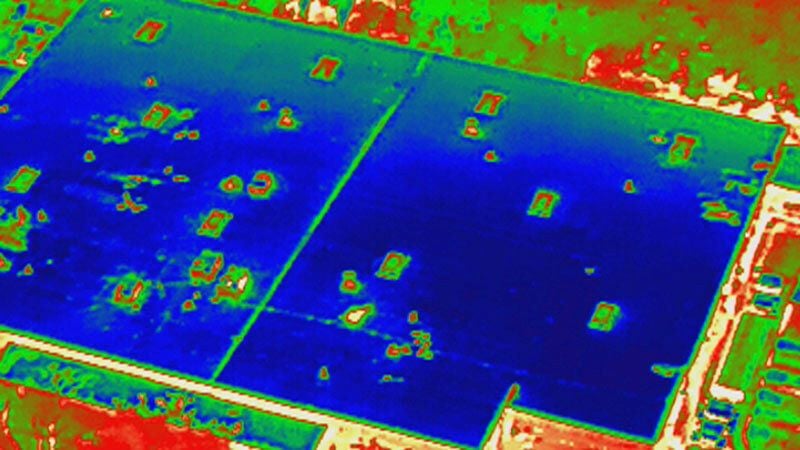
6. Repair and Maintenance Planning
Based on the inspection findings, you may need to plan for repairs or maintenance. The inspector might provide estimates or recommend specialized contractors for more detailed work. Addressing significant issues promptly is vital to prevent further damage and to control repair costs.
7. Regular Inspections
Even if no immediate issues are identified, scheduling regular roof inspections is a good practice. Commercial roofs can develop problems over time, and routine inspections help catch issues before they become major problems. Regular maintenance can extend the lifespan of the roof and safeguard your building’s investment.
Conclusion
A roof inspection is a valuable investment in the longevity and safety of a commercial building. By understanding what to expect during the inspection process, you can be better prepared and informed. Whether you’re addressing current issues or planning for future maintenance, a thorough roof inspection provides critical insights to help you maintain a secure and efficient building.

